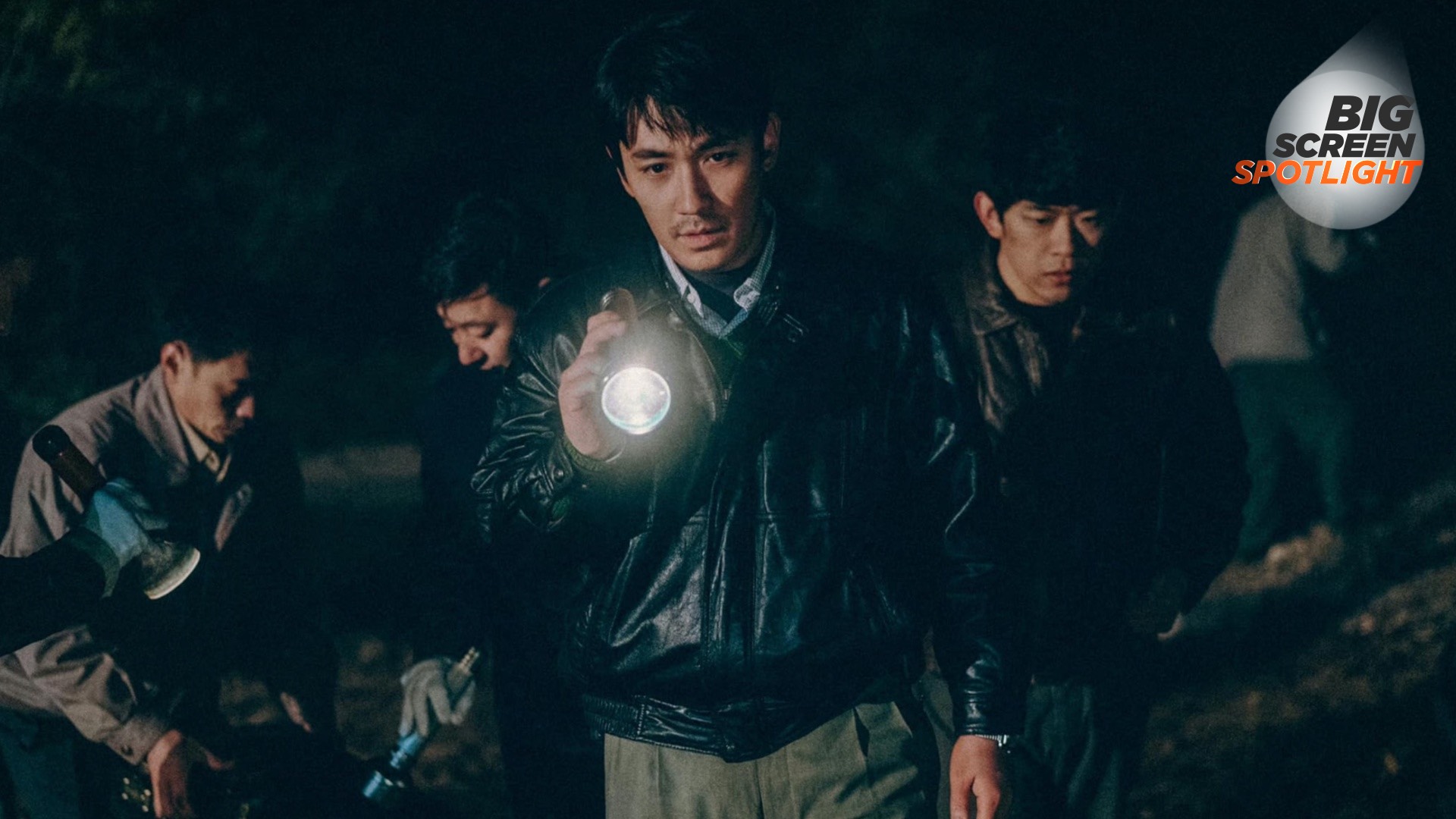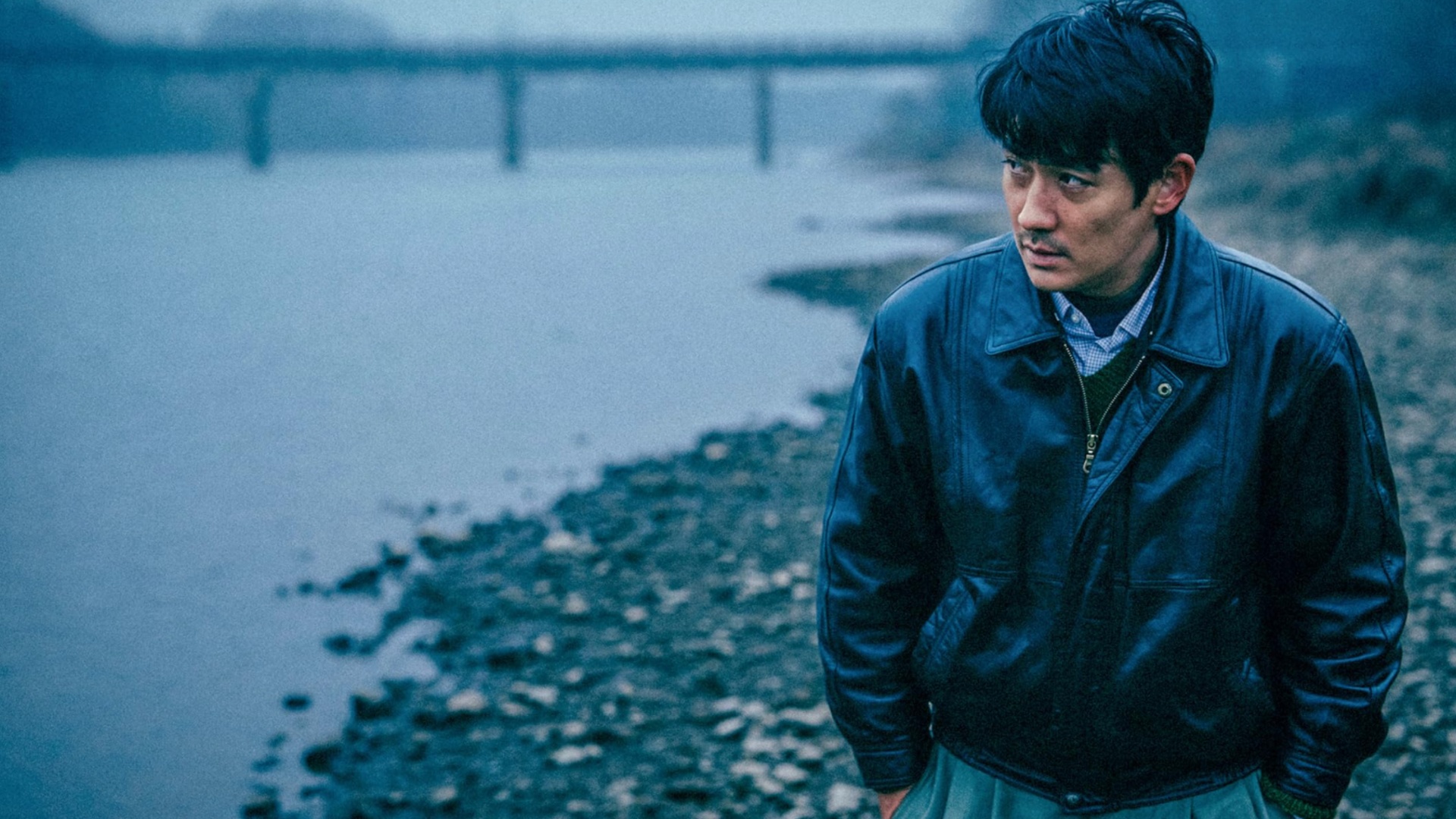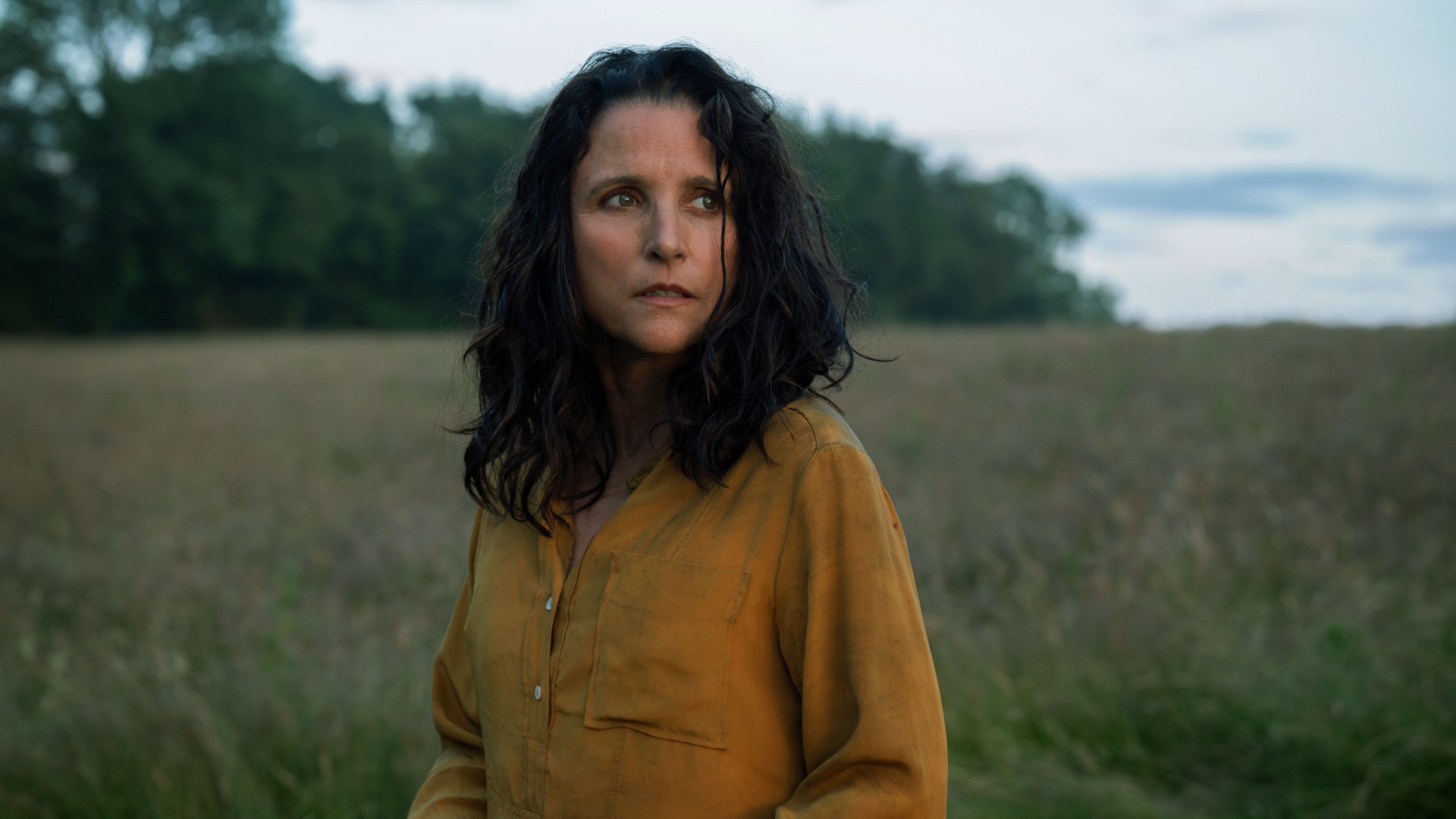
Only the River Flows, the latest film from Chinese director Wei Shujun, is a different kind of crime thriller. The movie, which premiered at last year's Cannes Film Festival and competed in Un Certain Regard, takes the detective genre and runs with it – then sets it down, firmly, and forces the audience to look closely at it. Releasing theatrically in China last fall and becoming one of the country's highest-grossing independent films, the movie is now hitting UK cinemas.
Shining a light on the under-the-radar theatrical releases that you need to know about, with a new article every Friday
Set in a small town in rural China in the mid-'90s, Only the River Flows follows police chief Ma Zhe (Zhu Yilong) as he investigates a series of murders. Zhe is your standard noir cop – he's good at his job, spends most of his screentime looking increasingly dejected in a leather jacket, and chain-smokes cigarettes non-stop.
The China of Only the River Flows is also typical noir territory, set against a backdrop of grey, gloomy weather and equally gloomy surroundings, filmed in grainy, flickering 16mm. Kids play in a dilapidated apartment building and the police department has just moved its offices to the newly defunct movie theater, recently closed due to lack of use.
Search for meaning

Against this backdrop, we learn about the murder of a widowed elderly woman, known to the townspeople as 'Granny Four', whose body is found one evening on the riverbank. A cassette tape of mysterious messages recorded for an unknown recipient found inside an abandoned handbag at the crime scene propels Zhe down a dogged path in search of the truth, which takes him deeper and deeper into the local community. Every time he thinks he's made a breakthrough in the case, however, the body count grows, with seemingly no link between victims except their violent demises and the fact they've been subject to Zhe's questioning. When an arrest is finally made, the detective can't seem to accept that this is how it all ends. But are things more straightforward than they appear?
The movie opens with an Albert Camus quote filling the screen: "There's no understanding fate, therefore I choose to play the part of fate," it reads. "I wear the foolish, unintelligible face of a professional god." Zhe's search for meaning in the string of riverside murders is driven by a desperate need to make sense of otherwise senseless violence and death. He trawls the town's streets and questions suspects and witnesses with tireless determination, to the point where the work becomes all-consuming. The case follows him home, affecting his relationship with his pregnant wife, which only intensifies his need for truth. All of this has to be worth something, right?
We don't want to spoil anything, but there are no big twists or reveals in Only the River Flows. The film confronts both our perverse desire for salacious crime stories and our need for logical conclusions. Zhe is rewarded for his work on the case, but he doesn't want praise or recognition. There's no glory in this, the film seems to be telling us. By subverting what we expect from this kind of movie, it's emphasizing that no one wins here – not Ma Zhe, not the victims, not the perpetrator. And not the viewer, either.
Only the River Flows arrives in UK cinemas on August 16. For more on what to watch, check out the rest of our Big Screen Spotlight series.








